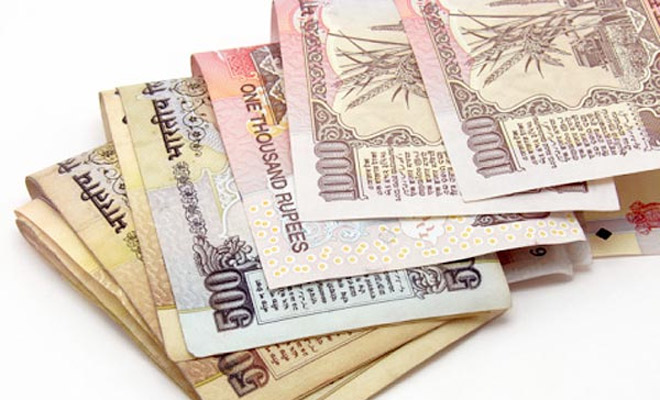Exchange of Soiled and Mutilated Notes – RBI Guidelines


exchange of soiled noted
A Gist of of RBI guidelines regarding Facility for Exchange of Soiled Notes and exchange of mutilated Notes by Banks is given below:
Facility for exchange of notes and coins at bank branches
All branches of banks in all parts of the country are required to provide following customer services, without any discrimination on all working days, so that public does not approach the RBI Regional Offices for this purpose:
(i) Issuing fresh / good quality notes and coins of all denominations on demand,
(ii) Exchanging soiled / mutilated / defective notes, and
(iii) Accepting coins and notes either for transactions or exchange.
No bank branch should refuse to accept small denomination notes and / or coins tendered at their counters.
You may like : Pre-shipment finance or packing credit in brief
Definition of a Soiled Note
A ‘soiled note’ means a note which has become dirty due to normal wear and tear and also includes a two piece note pasted together wherein both the pieces presented belong to the same note and form the entire note with no essential feature missing.
These notes should be accepted over bank counters in payment of Government dues and for credit to accounts. However, these notes not to be issued to the public as re-issuable notes and are be deposited in currency chests for onward transmission to RBI offices.
Banks may levy service charges, where the number of notes presented by a person exceeds 20 pieces or Rs.5000 in value per day.
You may like : CGTMSE Scheme explained in simple terms
Mutilated Notes – Presentation and Passing
A mutilated note is a note of which a portion is missing or which is composed of more than two pieces. Mutilated notes may be presented at any of the bank branches.
Extremely brittle, burnt, charred, stuck up Notes
Notes which have turned extremely brittle or are badly burnt, charred or inseparably stuck up together and, therefore, cannot withstand normal handling, are not to be accepted by the bank branches for exchange. The holders may be advised to tender these notes to the concerned Issue Office.
Notes bearing slogans / political messages, etc.
Any note with slogans and message of a political nature written across it ceases to be a legal tender and the claim on such a note will be rejected. Similarly, notes which are disfigured may also be rejected.
You may like : Credit Guarantee Fund for Mudra Units
Deliberately cut notes
The notes, which are found to be deliberately cut, torn, altered or tampered with, if presented for payment of exchange value should be rejected. The matter should also be reported to local police in case a large number of such notes are tendered.
Display of Notice Board
All bank branches are required to display at their branch premises, at a prominent place, a board indicating the availability of note exchange facility with the legend, “SOILED/MUTILATED NOTES ARE ACCEPTED AND EXCHANGED HERE”.
Leave your comments below in comment box
Recent Posts
Vacancies for CGM, GM, DGM and AGM increased in all Public sector banks.
Finance minister has approved revision in CGM level post in public sector banks. Earlier, the…
What is working Capital?
Working Capital is a financial indicator of operational liquidity of a business organization. Working Capital…
What is Pari Passu Charge | Simple Explanation
Meaning of pari passu charge - Pari-passu is a Latin phrase, which means "equal footing". …
Simplified Turnover Method for working capital assessment: FAQs
The Simplified Turnover Method is normally used by banks in order to assess the working…
Difference between LC and SBLC – Simplified
Letter of Credit (LC) and the ‘Standby Letter of Credit' (SBLC) are used by Importers…
Punjab National Bank Doubles Diwali Gift for Employees
Punjab National Bank (PNB) has announced a Diwali surprise event for its employees. To express…